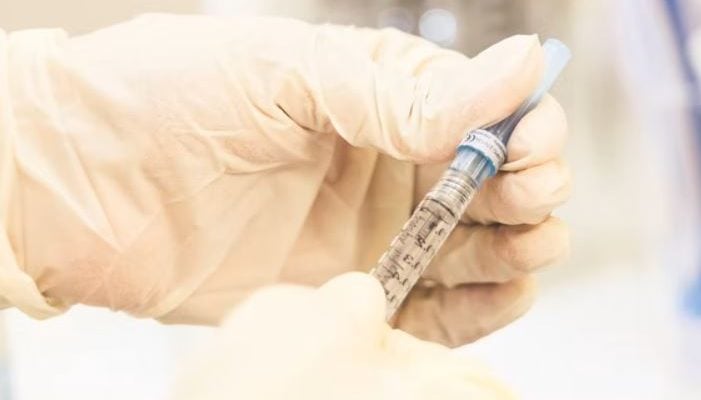Weeks after a mosquito forced the recall of 765,000 doses of Moderna’s vaccine manufactured in Spain, the country’s top medicines regulator called for new inspection procedures, praised the loyalty of the Spanish pharma industry and asked if the industry is going “too lean?”
Speaking at a conference in Madrid on April 25, the head of Spain’s top medicines regulator AEMPS, Maria Jesús Lamas, discussed the agency’s role and the lessons learned during the pandemic, called for “new inspection procedures” to ensure quality of manufacturing and lamented that Spain and the EU did not have strategic autonomy during the COVID crisis.
Distant assessments may seem promising and the solution to expedite procedures, [but] to ensure quality of manufacturing, first we need to create new inspection procedures.
Her remarks come a few weeks after a mosquito found in a vial forced Moderna to recall 765,000 doses of its mRNA vaccine – the second such recall after stainless steel contaminants were found in some vials in Japan last year – that had been manufactured by Spanish company Rovi and distributed in Spain, Portugal, Poland, Norway and Sweden in mid-January. Norwegian authorities, according to El País newspaper, concluded that a mosquito “entered the vial during production and was not detected by quality control.”
Ms. Lamas comments were made at the annual European meeting of the International Society for Pharmaceutical Engineering (ISPE) held in Madrid.
“Spain has had an important role in the manufacturing of the Moderna vaccine,” the regulator said, pointing to Rovi’s role in fill and finish for the vaccine outside of the United States. “We have performed four on-site inspections and recently [Rovi] received GMP certificate for intermediate bulk substances.”
She also argued that no one could foresee the “tsunami” brought on by the pandemic and commented on the role of AEMPS (Spanish Agency of Medicines and Medical Devices) by explaining that the agency “provided resources for GMP inspection of manufacturing sites in Spain and abroad for bulk products and fill and finish products.”
“We were aware that Spain and Europe were building up the capacity to vaccinate the whole population, not only Europeans. This was a new challenge for inspectors as they had to perform distant assessments in third country sites when there were travel restrictions. Inspectors were aware of the need for agile GMP clearance,” she said.
For Lamas, distant assessments were a solution in a moment of crisis, but do not seem like a model for the future.
“Distant assessments may seem promising and the solution to expedite procedures, [but] to ensure quality of manufacturing, first we need to create new inspection procedures. From our experience, inspectors’ performance [during distant assessments] is hindered, it is less dynamic, more difficult to take lead and initiative. There is less capacity to assess equipment status. Peripheral information is important because not everything is on the documents, and we miss this kind of information with distant assessments.”
Towards the end of her 23-minute address, Ms. Lamas presented a slide with a list of things that AEMPS expects of the pharma industry. Those included knowing their supply chains, good communication with suppliers, updating manufacturing technologies and transparency towards competent authorities. “Are we going too lean?” she asked.



